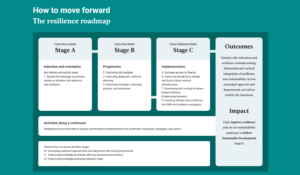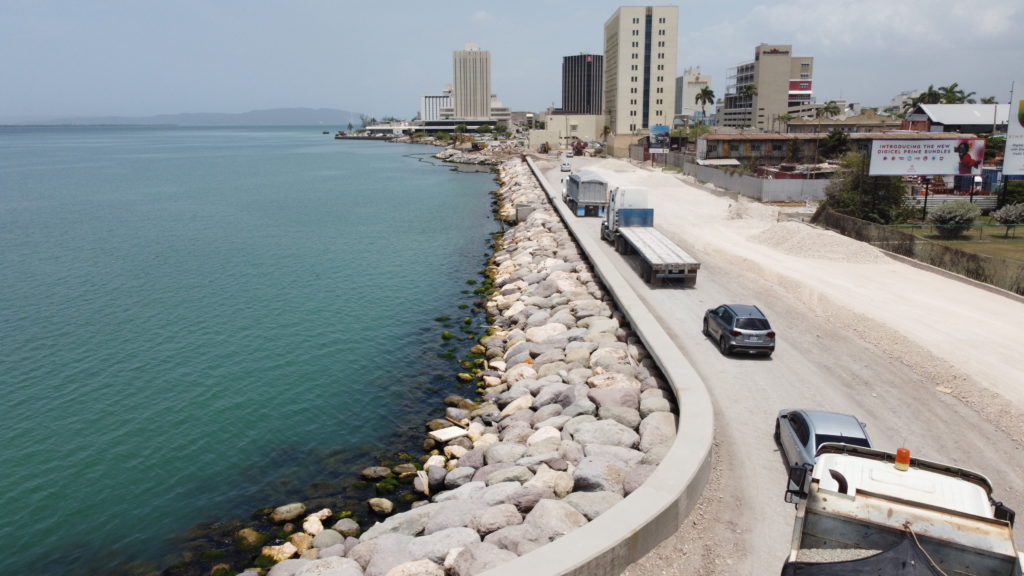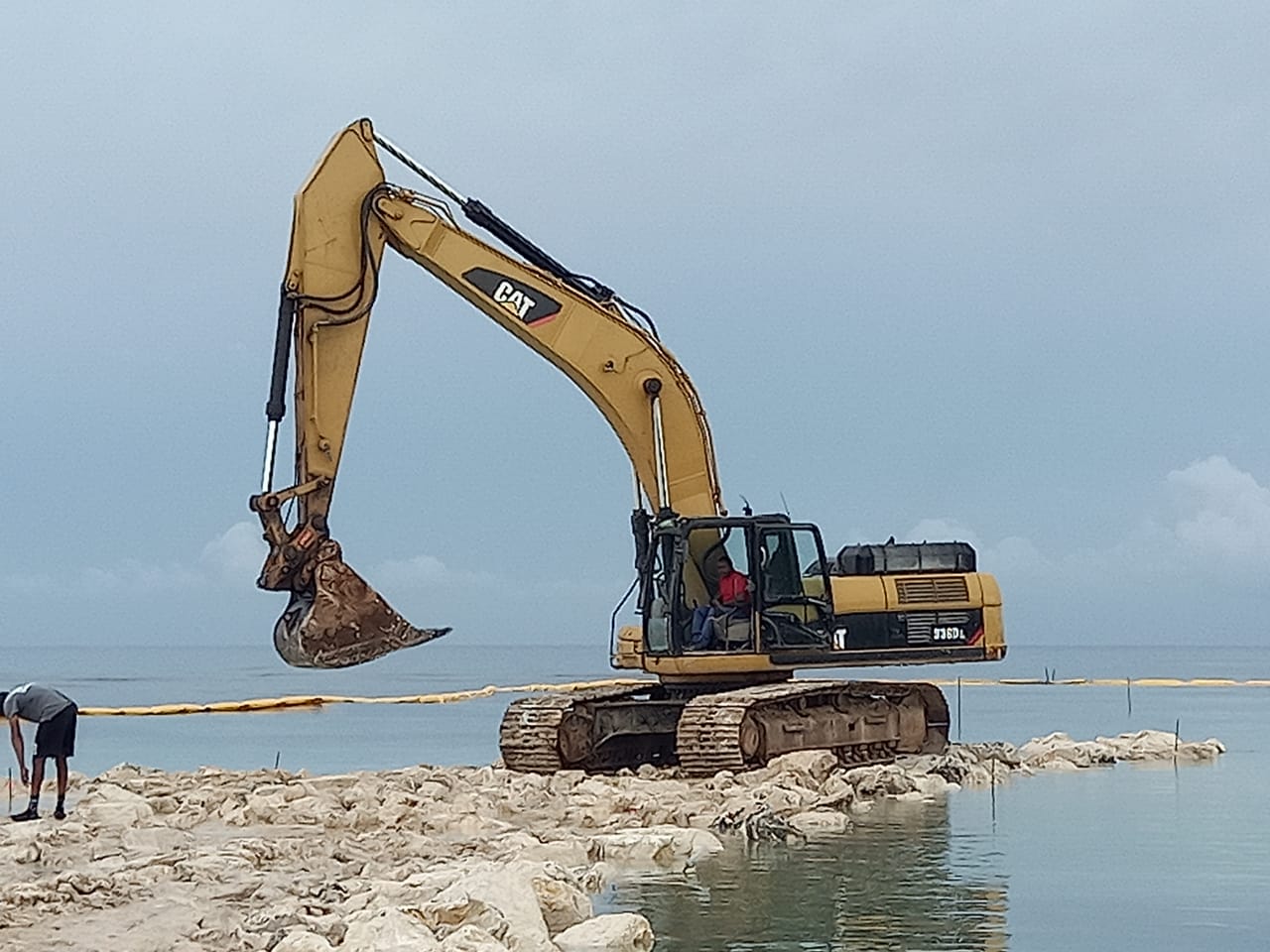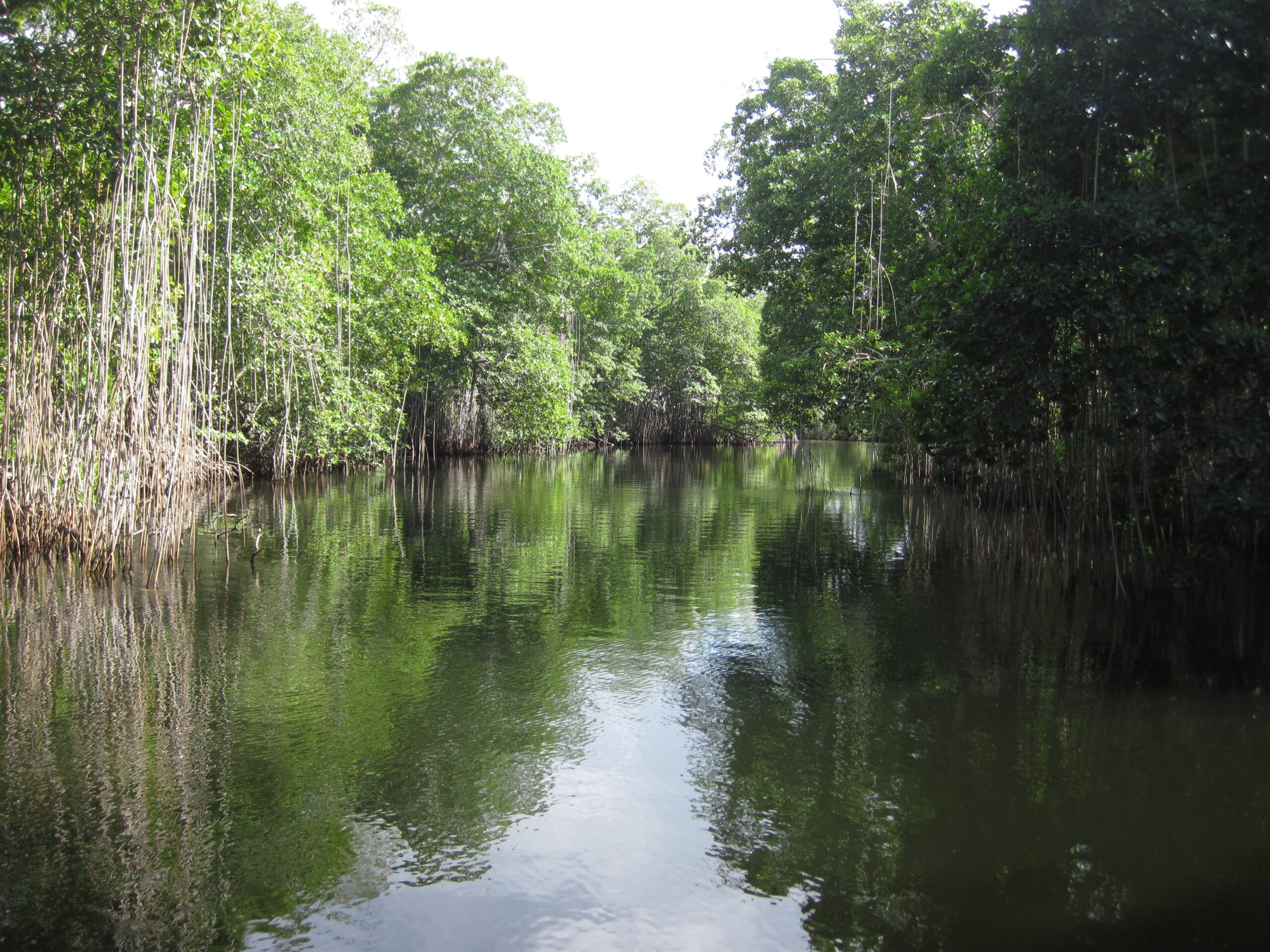When it comes to important races, Jamaica has placed first in what may be one of the biggest. Jamaica has won the distinction of being the first country in the world to have all of its local governments sign on to a United Nations plan to strengthen disaster resilience.
According to the UN Making Cities Resilient 2030 campaign, through this achievement Jamaica “will advance in the diagnosis of resilience, promote risk assessment at the local level, and encourage monitoring and reporting actions at a national level”. One of the key goals of the initiative is to foster the sharing of knowledge and experience among participating cities and to involve multiple levels of government. They’ll also work on techniques for advocating for resilience measures, building technical capacity, and developing alliances with other cities. It’s important to note that the building blocks of success lie with local, municipal governments, especially in the Caribbean and the Americas. In these regions, approximately 81% of the population lives in cities. By 2050, it is forecast that 90% of the population will be living in an urban setting.
The Roadmap to Resilience
 The UN has developed a Roadmap to Resilience that divides goals and achievements into three stages. The first stage, Stage A, focuses on understanding and assessing risk and raising awareness among stakeholders and the general public. Stage B moves on to improving assessment and developing early-stage strategies for reducing risk and preparing for disasters. Stage C is all about the implementation, accessing finance, and delivering resilient infrastructure. Together, these three stages should set cities on course to achieve Sustainable Development Goal 11: “Make cities inclusive, safe, resilient, and sustainable.”
The UN has developed a Roadmap to Resilience that divides goals and achievements into three stages. The first stage, Stage A, focuses on understanding and assessing risk and raising awareness among stakeholders and the general public. Stage B moves on to improving assessment and developing early-stage strategies for reducing risk and preparing for disasters. Stage C is all about the implementation, accessing finance, and delivering resilient infrastructure. Together, these three stages should set cities on course to achieve Sustainable Development Goal 11: “Make cities inclusive, safe, resilient, and sustainable.”
 Making Cities Resilient History
Making Cities Resilient History
The original Making Cities Resilient campaign was launched back in 2010 and led by the UN Office for Disaster Risk Reduction. The MCR campaign initiated a 10-point checklist to help municipal governments make decisions about and develop resilience plans. More than 4,360 cities joined. Following the success of that effort, the United Nations, at the urging of cities, launched MCR2030 to accomplish the aforementioned goals of better assessing resilience status and moving forward with local strategies for disaster risk reduction. Integrating these resilience measures into climate adaptation plans is another forward-reaching goal. So far, 646 cities with nearly 440 million people living in them, have signed on.
It is clear that building resilience and reducing risk is a journey. Jamaica is on board and ready to move.


